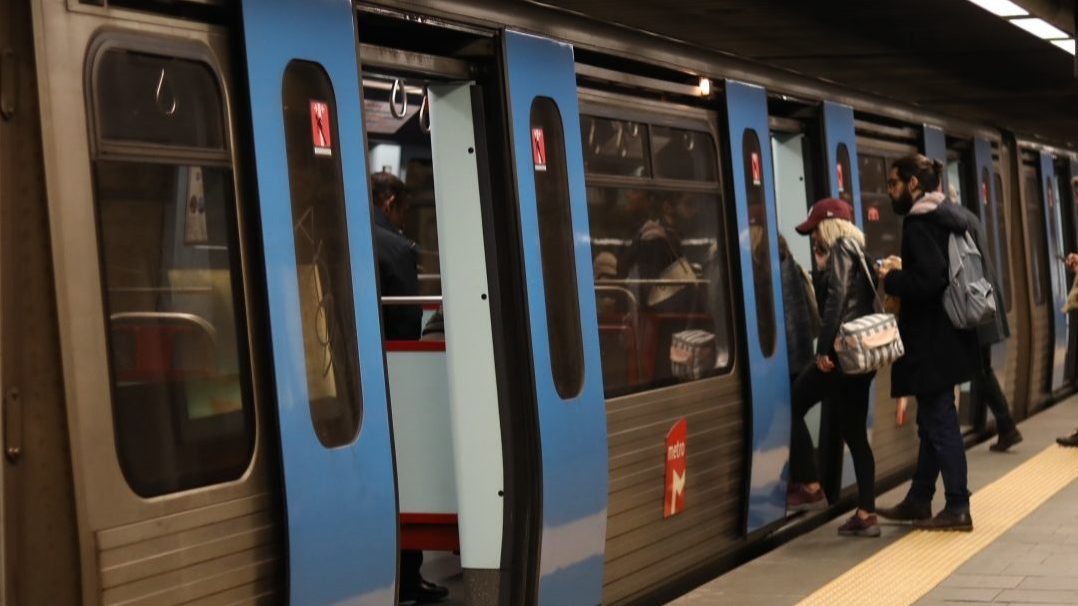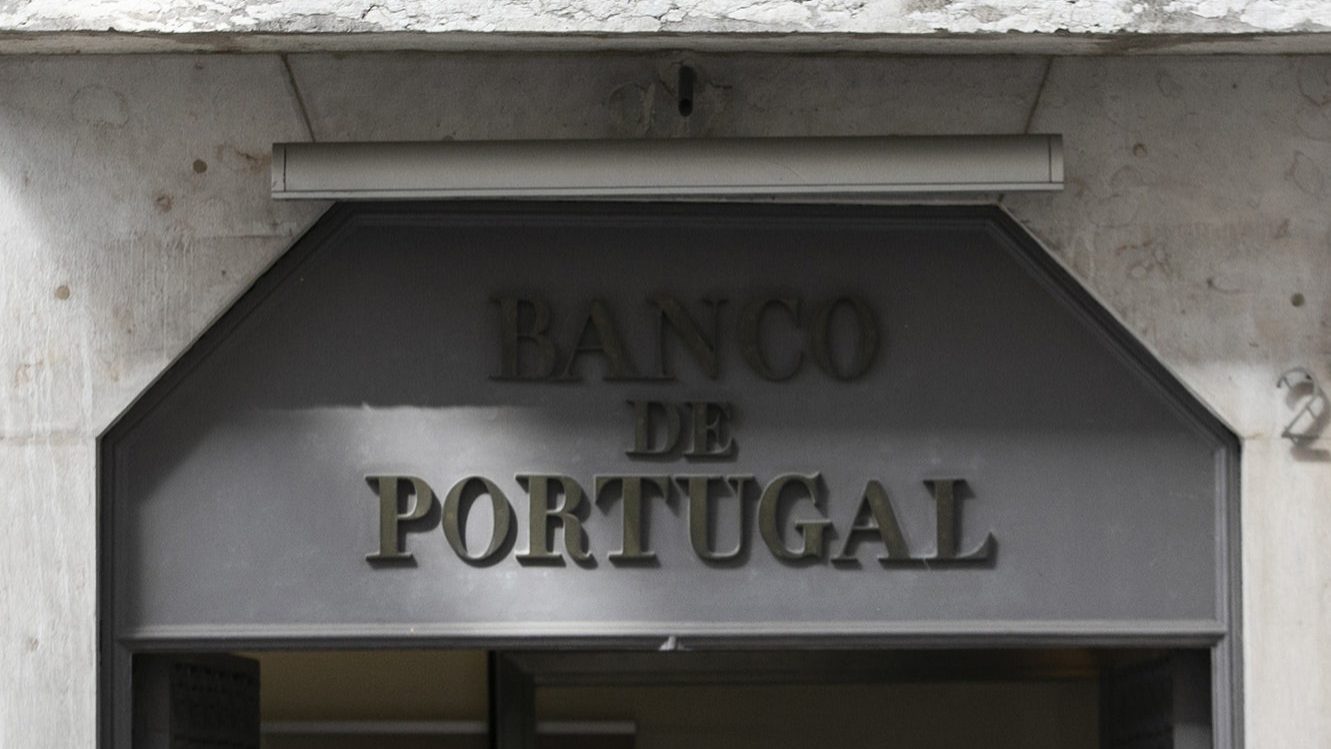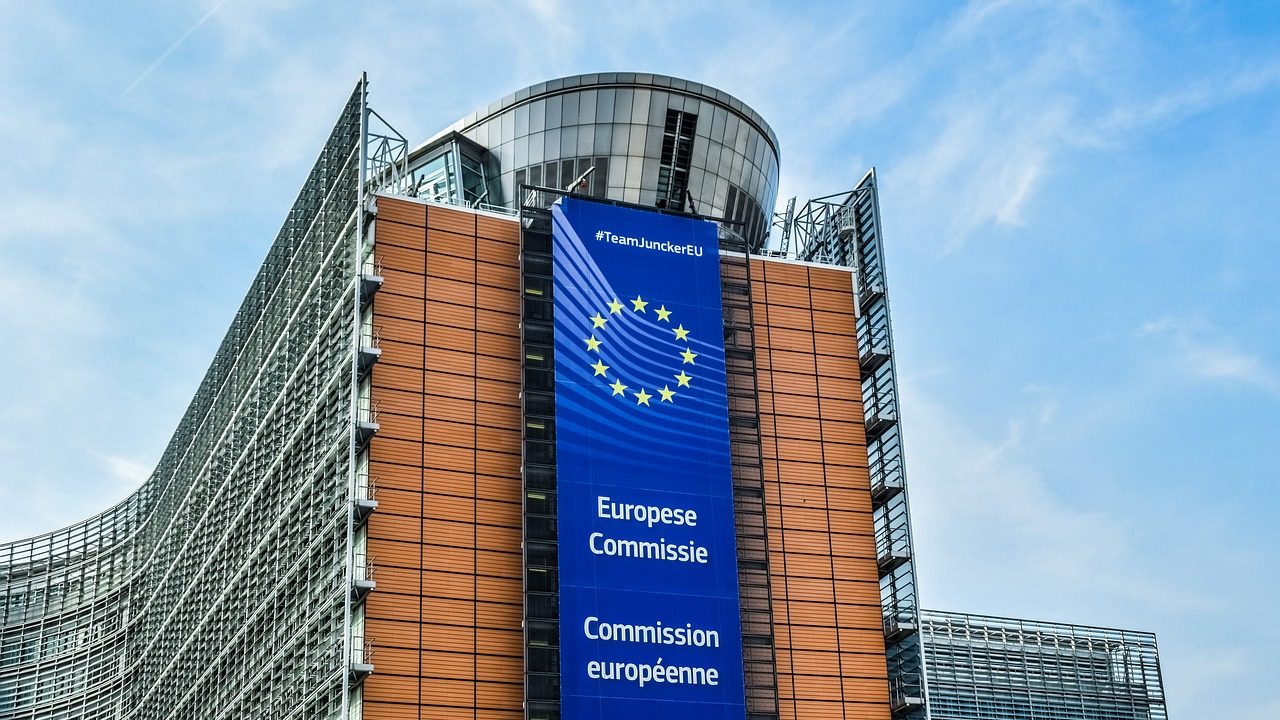Lisbon Metro carried 81.3 M passengers in 2021, 4.3 M less than 2020
The number of passengers in 2021 corresponds to a reduction in demand, compared to 2020 and 2019, of 5.1% and 53.2%, respectively.
Lisbon Metro registered 81.3 million passengers last year, 4.3 million less compared to 2020, due to the pandemic and consequent restrictions imposed on the circulation of people, the company announced on Wednesday.
In a statement, the company said there were 92.4 million fewer passengers in 2021 than in 2019.
The number of passengers in 2021 corresponds to a reduction in demand, compared to 2020 and 2019, of 5.1% and 53.2%, respectively.
The company explains that the decrease in passengers carried last year was mainly caused by the pandemic situation, which has been present since March 2020 and which caused drops in demand coinciding with pandemic peaks and the imposition of measures restricting the movement of people.
“Between April and December 2021, there was a slight increase in passengers with validations of 29% compared to the same period in 2020, and this positive trend continued in January of this year, which shows a 40.8% increase in passenger demand compared to the same period in 2021”.
Considering these data, the company foresees “a tendency towards a sustainable recovery in the number of customers during the current year”.
In 2021, Metropolitano de Lisboa forecasts total revenue of €98.4 million.
“This revenue includes financial compensations with social passes, the Fare Reduction Support Programme, and revenue from extraordinary support made available by the Government to Metropolitan Areas and Intermunicipal Communities, through funds from the Environmental Fund for compensation under the scope of the pandemic crisis,” the note says.
According to the company, the total amount of this compensation awarded in 2021 corresponds to an increase of 17.4% compared to the same period in 2020, when the Metro obtained a total revenue of €83.9 million.
The carrier also highlights that the compensation within the scope of the pandemic crisis “was the component that showed the highest growth in 2021 compared to 2020, with a 66.2% increase aimed at balancing the reduction in passengers”.


